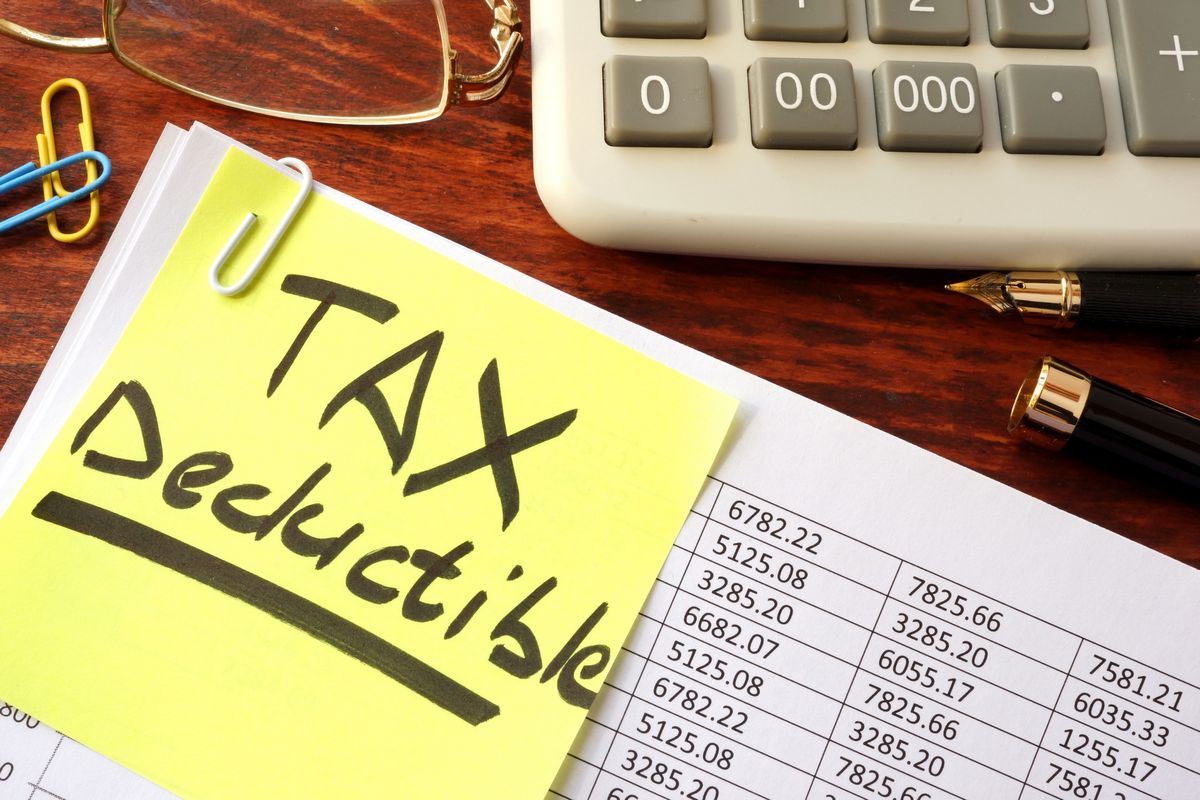
Contents
- 1 Tax Tips and Deductions for Restaurant Owners
- 1.1 Understand sales tax requirements
- 1.2 Consider depreciation of expenses
- 1.3 Understand compensation and taxes
- 1.4 Consider mileage deduction options
- 1.5 Understand employee meals and taxes
- 1.6 Keep proper records
- 1.7 Explore a business tax credit
- 1.8 Tax deductions for restaurant owners
- 1.9 Tying it all together
Tax Tips and Deductions for Restaurant Owners
From sit-down steakhouses to ice cream shops, there are all types of restaurateurs who want to make their customers happy through high-quality food and beverages.
Despite the expenses that come with the food industry, restaurant owners can take advantage of tax-saving strategies and deductions to save money and stay compliant.
Follow these tips to handle your taxes and deductions easier.
Understand sales tax requirements
Make sure you are up-to-date on the sales tax requirements of your restaurant’s location. If you operate multiple locations, this is even more important.
Remember that different locations may have separate sales tax collections and filings, so keep track of this financial information to properly report and submit all sales taxes.
Consider depreciation of expenses
When purchasing equipment for your restaurant, you can deduct the cost in the year purchased or depreciate it over several years to maximize tax savings.
Understand compensation and taxes
If you have employees, there are rules on deducting their compensation and benefits.
Compensation must be provided for work performed, and it’s important to stay in line with reasonable compensation when writing it off.
Consider mileage deduction options
If you use your personal vehicle for business purposes, you can deduct either the miles you drive or the actual expenses incurred—not both.
Choose the option that will save you the most on your taxes.
Understand employee meals and taxes
The cost of providing meals to employees is generally deductible to the restaurant and not taxable to employees.
Keep proper records
Maintain tax records by documenting purchases and keeping relevant receipts on file.
Consider keeping both hard copies and electronic copies for easy access when needed.
Explore a business tax credit
Consider the Work Opportunity Tax Credit if your restaurant hires individuals within "targeted groups."
This tax credit can be a nice tax break for your business.
Tax deductions for restaurant owners
A tax deduction reduces the amount of taxable income you report on your return.
As a restaurant owner, you can typically deduct expenses like food costs, beverages, kitchen appliances, employee salaries and benefits, property rental costs, maintenance expenses, equipment, fees for professional service providers, insurance policies, and marketing and advertising expenses.
Tying it all together
Successful restaurant owners use tax strategies and write-offs to manage their tax requirements.
Being a restaurant owner is expensive and competitive, so research steps you can take to reduce your tax liability and keep more of your income.
Work hard for your money and legally keep as much of it as possible to put your restaurant on a prosperous path.
Hello!
I’m Andrew Brooks, a seasoned finance consultant from the USA and the mind behind phonenumber247.com.
My career is built on a foundation of helping individuals and businesses thrive financially in an ever-changing economic landscape. At phonenumber247.com, my aim is to demystify the complex world of finance, providing clear, actionable advice that can help you navigate your financial journey with confidence. Whether it’s personal finance management, investment strategies, or understanding the nuances of market dynamics, I’m here to share insights and tools that can propel you towards your financial goals.
Welcome to my digital space, where every piece of advice is a step closer to financial clarity and success!
